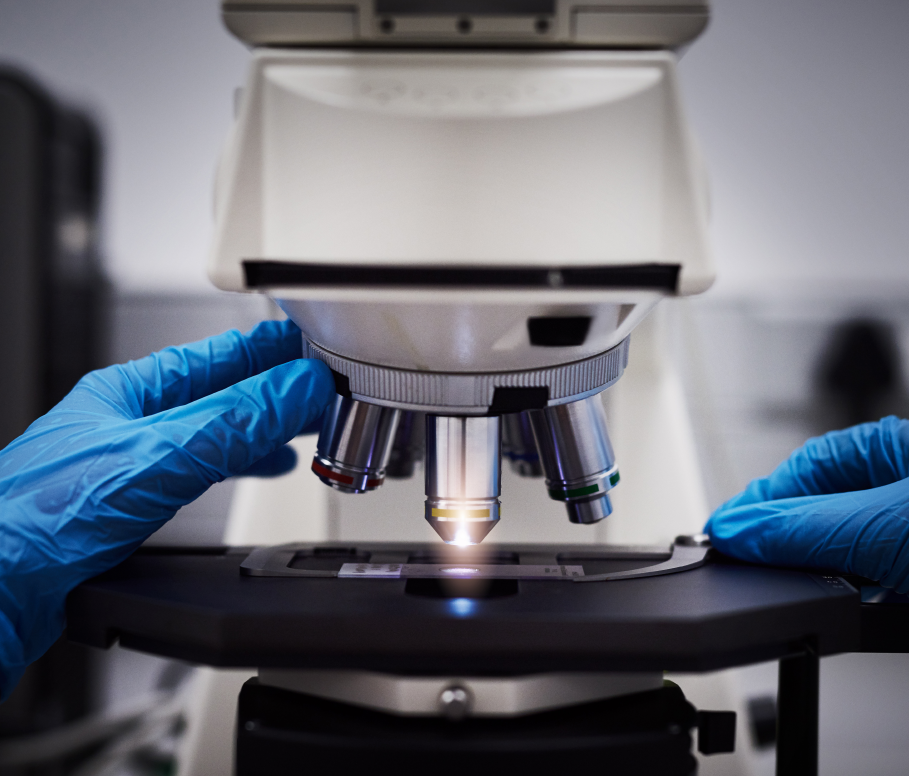The World Health Organization (WHO) recently shared the negotiating text of its Pandemic Prevention, Preparedness and Response (PPPR) accord with member states for input and negotiation. While the instrument aims to “to comprehensively and effectively address systemic gaps and challenges” related to PPPR, the text would harm intellectual property (IP) and innovation, impeding on the world’s ability to prepare for future health emergencies.
The COVID-19 pandemic demonstrated just how essential innovation is to saving lives; in just over a year and a half, the world went from little knowledge of the virus to 10 vaccines authorized for emergency use by the WHO. IP was crucial to the development and manufacturing of these prevention tools because it incentivized and supported collaboration between stakeholders, including public-private partnerships. We should learn from these lessons to ensure we can quickly respond to future threats.
However, as written, the draft text would undermine the global innovation ecosystem. German Health Minister Karl Lauterbach has warned that, “For countries like Germany and most European countries, it is clear that such an agreement will not fly if there is a major limitation on intellectual property rights. That is a part of our DNA … we need intellectual property security in order to invest into vaccines, invest into therapeutics, diagnostics, and so forth.”
The hundreds of partnerships, voluntary licensing agreements, and non-assert declarations underpinning industry’s response to the COVID-19 pandemic were vital to global vaccine and treatment rollout during the pandemic. These tools promote collaboration, knowledge sharing, affordability and innovation without weaking IP rights. Rather than employing ineffective and harmful measures like IP waivers, the WHO should utilize tools that actually work.
While portions of the current negotiating text work to address the real barriers to access from the COVID-19 pandemic, including issues with work force readiness and regulatory strengthening, it would undermine the very research and development infrastructure necessary for innovation. To achieve the goal of preparing the world for future pandemics, world leaders must shift their focus to proven solutions and address the challenges made apparent by COVID-19.
The current negotiating text of the WHO Pandemic PPR accord would undermine the very infrastructure necessary for innovation. To achieve the goal of preparing the world for future pandemics, world leaders must shift their focus to proven solutions.


